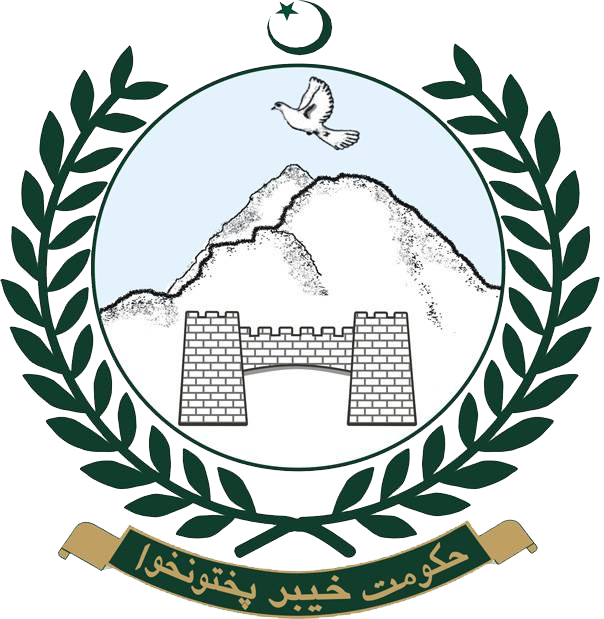
Internee for financial management
Project:ECONOMIC GROWTH AND JOB CREATION THROUGH TECHNICAL/FINANCIAL ASSISTANCE (ERKP MODEL) (Industries, Commerce and Technical Education Department) Project PC-1
Internship Detail
-
Offered Salary PKR 25,000
-
Slots 1
-
Experience Fresh
Contact Details
secyind@yahoo.com
Required Qualification
- Masters Degree in Finance
- Masters Degree in Business Administration
- Bachelors Degree (4 Years) in Business Administration
Description
manage financial matters.
Project Details
SMEs are the main source of poverty reduction in Khyber Pakhtunkhwa and will create value and innovation for the Province in near future. The real potential of SME growth in the Province is the deprived people of this Province who are quite keen to raise their standard of living but the real problem associated with them is financing and technical assistance. Financing concerns have two issues first is availability of finance and second is the rate plus terms and conditions on which the finance is available.
Until recently, there have been no visible signs to realize this alarming situation within Pakistan, and hence lack of any remedial planning to tackle it. Education could have played a vital role to keep Pakistan out of this scenario; but unfortunately, the huge disconnect between the prevailing education system and the ground realities could not be abridged. Pakistani society has not been able to adapt a structured capitalist-economic approach, and educated individuals are mostly expected to opt for jobs within the already overburdened non-inventive sector. Looking into Khyber Pakhtunkhwa—where 68 percent of population is under 30 year of age, and 270,000 graduates are produced annually by various public and private sector institutions—the scenario of unemployment is ever depressing. During last three years, 52,000 vacancies (from BS-1 to 22) were filled under the Provincial Government, whereas only 11,400 vacancies, mostly blue-collar, were created in various industrial units.